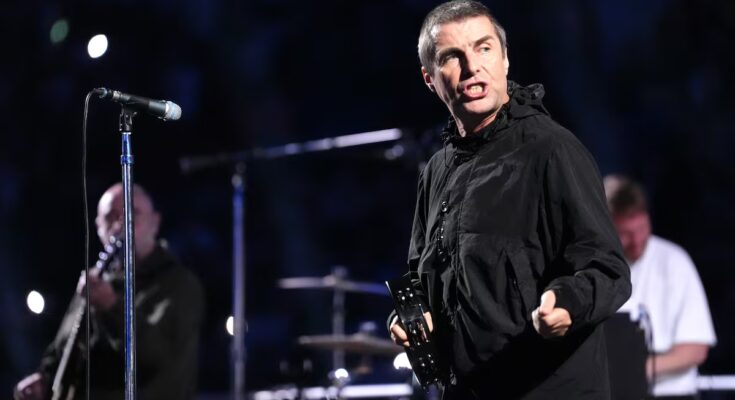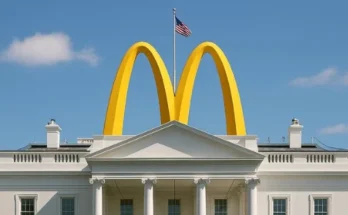Radiohead, Dua Lipa and Coldplay, along with other top artists, launched a petition to British Prime Minister Keir Starmer last week, urging him to tackle “extortionist and harmful” concert ticket resale sites and platforms as soon as possible. The Labor leader has listened to them: his government is expected to present new rules this Wednesday to make it illegal to resell a ticket at a price higher than the official one.
In reality it was an electoral commitment of the Labor Party which it had not yet promoted, fifteen months after coming to power. During this period, scandals broke out, such as the resale of tickets for Oasis’ successful return tour, with prices approaching 5,000 euros on a sales portal such as Viagogo.
The obligation for authorized portals to monitor compliance with these conditions, or the limitation of the management costs they usually demand, are some of the measures included in the proposal, also put forward by the BBC. The project will have to be submitted to Parliament, so it is still impossible to calculate when and if it will come into force.
The new rules will not only affect concerts, but also sporting events, theatrical performances and other live celebrations. The Executive calculated that tickets are usually resold for at least 50% of the original price, although it has noted cases where the price is as much as six times higher. With the new rules, the Government estimates that the average price of a resold ticket will fall by around 37 pounds (around 42 euros). Resale by fans who cannot participate in the event will continue to be legal, but only for a price equal to or lower than the original one, with the addition of management costs.
In addition to the high cost, estimated at tens of millions of euros, that resale entails for users who use legal channels and for entertainment promoters, this business generates all types of fraud and speculative schemes. Not only is it normal for some sellers not to have the tickets they offer. In some cases, they promise without inventory to increase the sum, in the hope of then being able to obtain the advertised tickets at a lower price than the asking price.
Reselling platforms such as Viagogo or StubHub, which see their businesses in jeopardy if the British government’s measures go ahead, have tried to pressure Downing Street to soften the law or allow a cap on their operating margins. They argue that such strict control of the resale market will eventually push users into the illegal sales market, which they say will not disappear.



